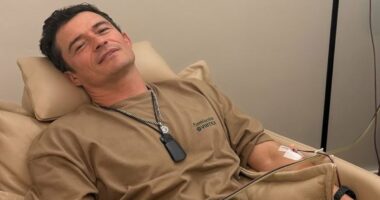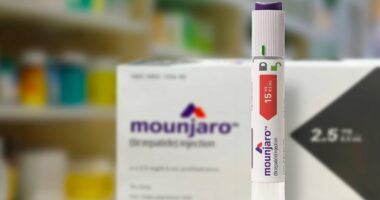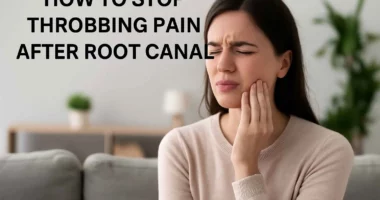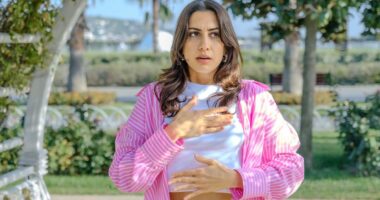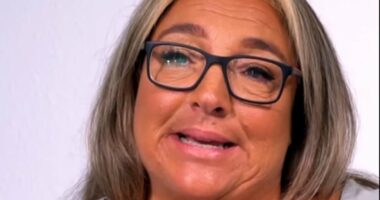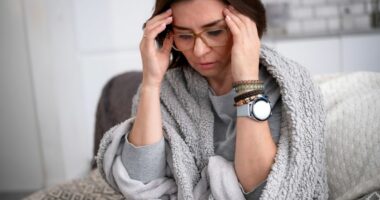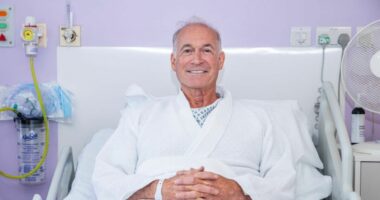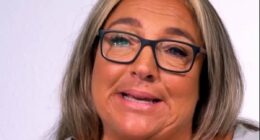Share this @internewscast.com
To say my family is important to me would be an understatement. They’ve always been phenomenal supporters of me and my dreams. This support started well before I took my first swimming lesson at the age of five, continued through my teenage years when I found my passion for swimming competitively, and persisted at 17 when I won four gold medals in my Olympic debut at the 2012 London Summer Olympics. It has been a reliable constant throughout my entire career—and life—and has helped shape me into the woman I am today.
So needless to say, when my dad was diagnosed with autosomal dominant polycystic kidney disease (ADPKD)—which is a rare, genetic condition that causes cysts to form on the kidneys, eventually leading to a decline in kidney function and requiring a need for dialysis or a transplant—it was the beginning of an emotional road for me and my family.
I retired from professional swimming in 2018 due to injury, and as difficult as that was, it allowed me to fully support my family the way they had always supported me. Around the same time, my dad’s health began to decline.
Since his original diagnosis, he had been able to live his life to the fullest thanks to the management of the disease by his care team. But by the fall of 2019, his kidneys really started to struggle. This was an especially difficult time for my family, especially my mother, who was his primary caregiver.
In early 2022, we learned that my father’s ADPKD was rapidly progressing. His nephrologist discussed a harsh reality with us: potential kidney failure and the limited treatment options for it. These discussions included the possibility of starting dialysis so that a machine could do the work his kidneys could no longer do. We also explored getting a kidney transplant, and we knew finding a living kidney donor would give him the best chance at success, so we began the painstakingly long process of searching for a donor match.
As all these discussions were happening, I was thankful that my parents had always encouraged open communication among our family. Because here’s the thing: When I was still competitively swimming, even though I had access to some of the world’s best medical care, my focus was on what would keep me healthy in the present moment, versus what implications my family medical history might have on my future health or my children’s health.
It was the openness of my family and watching my father’s journey with ADPKD during my post-retirement years that opened my eyes to the importance of discussing genetic diseases and your personal health history with your family and your doctors.
Read Related Also: Postural Hypotension: What Elderly People Need To Know About Using Toilet At Night
My father, some of his siblings, and one of my grandparents have all been diagnosed with ADPKD. Through my family’s journey, I’ve learned that there is a 50 percent chance of inheritance of ADPKD if a person has a parent with the condition, and though it is classified as a “rare” condition, the disease affects roughly 140,000 American adults.
Armed with all of this knowledge and a personal understanding of the importance of early detection and treatment, I am now conscious of the need to be an advocate for my own health. I work with my doctors and nephrologist to carefully monitor my kidneys and overall health.
As for my dad, after learning that eight different donor volunteers weren’t a match, we finally got a call about an available living donor. We didn’t find out until the time of the procedure that this donor happened to be two-time Olympic gold-medalist swimmer Crissy Perham. We were blown away by the incredible connection, and are so thankful to Crissy, who is now like family to us. In August 2022, my father successfully underwent transplant surgery, and both he and Crissy recovered well afterwards.
My family and I feel incredibly fortunate, not only that my dad has had access to proper resources and medical teams to support his health, but also for the understanding we have all gained about the importance of disease education. As hard as this journey has been, my father’s ADPKD brought our family closer, and I now have an opportunity to share my family’s story in hopes of inspiring others. I am proud to work with Otsuka to shed light on the risks of ADPKD and the power of family dialogue.
For those managing a new diagnosis, I encourage you to share your journey—it can benefit your family and others. Speak with your doctor about resources you can leverage to educate yourself and your support system, such as ADPKDQuestions.com, which provides guides for family conversations as well as helpful questions to ask your nephrologist.
Not every ADPKD journey looks the same, so it is essential to have these conversations with your family and learn if you or your other family members may be at risk. Because if my parents have taught me anything, it’s that supporting each other is what life is all about.
October 2023 10US23EUC0038.
